Self-Reflection, Resources & Fact Sheets
Was it assault?
In Arizona, sexual assault (commonly called rape) happens when a person intentionally or knowingly engages in sexual intercourse or oral sexual contact without the other person's consent.
If the sexual act does not involve one of those forms, then it falls under a different category of crime known as "sexual abuse." (statelaws.com)
"Date rape" is a type of sexual assault where the victim agrees to interact socially with the perpetrator (a date, for example) but did not consent to sexual contact. (legal-dictionary.com)
"IPV," or Intimate Partner Violence, is physical or sexual violence, stalking, or psychological aggression towards a person who was or is in an intimate relationship with the perpetrator. (cdc.gov)
The National Sexual Assault Hotline: 800.656.HOPE (4673) is open 24 hours to help you find appropriate medical care, provide information about laws and health concerns, and to help you process what happened. It is confidential and they do not store your phone number.
The National Domestic Violence Hotline: 800.799.SAFE can help survivors of IPV. They will answer questions about where you can go if you need to leave, how you can get there, and who might be able to help you.
Signs of sexual assault
The signs of sexual assault will vary from person to person, but here are some common ones:
Falling into depression
Self harming
Sudden drop in self-esteem
New STDs
New or worse anxiety,
Avoiding certain people/situations/places
A drop in grades or involvement in schoolwork
Increase in drug or alcohol use
Warning signs that an assault may occur in the future include:
Withdrawing from normal social activity
Their partner limiting their social interaction
Having been sexually assaulted in the past
Their partner being controlling over sex (contraceptive use, etc.)
Their partner pressuring them to do things they don't want to
Their partner looking at their phone or messages or controlling who they can contact
Signs of other types of abuse
(rainn.org)
What is Human Trafficking?
Human trafficking is defined as the recruitment, transportation, transfer, harboring or receipt of persons by means of threat, use of force or other forms of coercion, abduction, fraud, deception, abuse of power, taking advantage of a position of vulnerability or giving or receiving payments or benefits to achieve the consent and/or control over another person for the purpose of exploitation.
Exploitation includes, at a minimum, the prostitution of others or other forms of sexual exploitation, forced labor or services, slavery or practices similar to slavery, servitude or the removal of organs.
(unodc.org)
The National Human Trafficking Resource Center: 888.373.7888 is a hotline that will accept tips on any human trafficking, and provide information about what you can do to help prevent human trafficking.
MANDATORY REPORTING AND TITLE IX
The Federal Civil Rights Law, Title IX, states that a University must thoroughly investigate any report of sexual discrimination, harassment, or violence. In the investigation, Title IX mandates that both parties get equal say and participation.
Under Title IX, many University staff are mandatory reporters, which means they are required to report any sexual offenses to the University immediately. These staff include:
Vice presidents, vice chancellors, vice provosts, deans, department heads, directors and coaches
Employees in supervisory or management roles
Faculty members
Student affairs professionals
Residential life staff
HEALTH
FOCUSSED FACT SHEETS
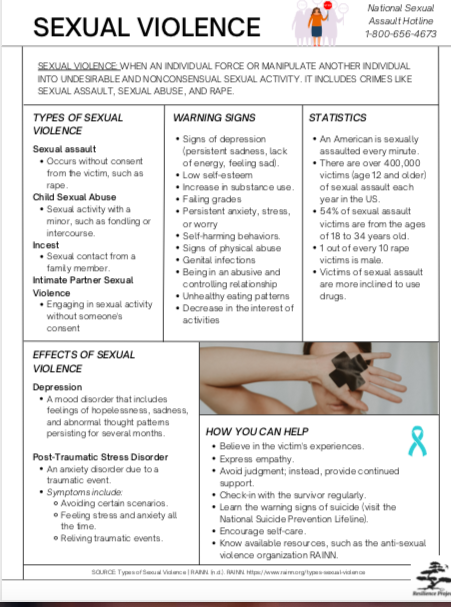
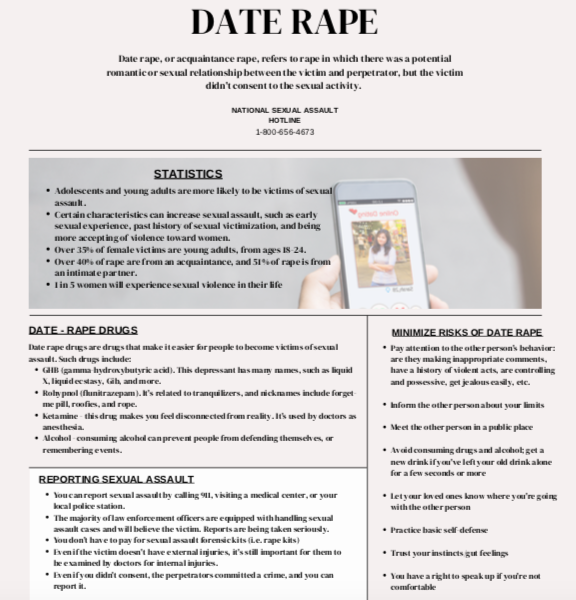
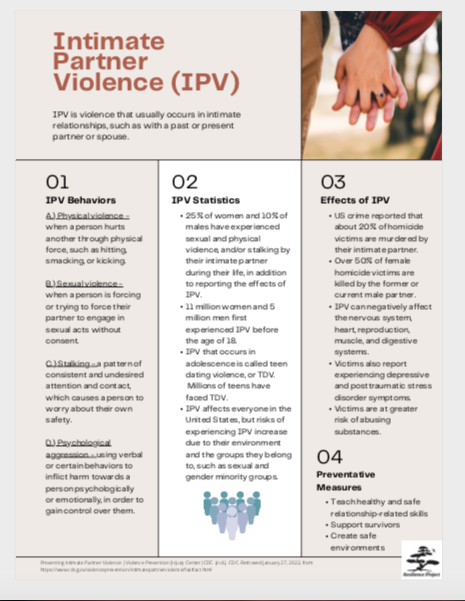
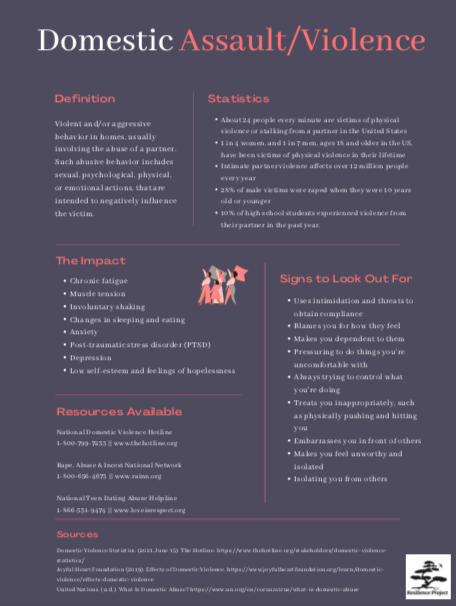
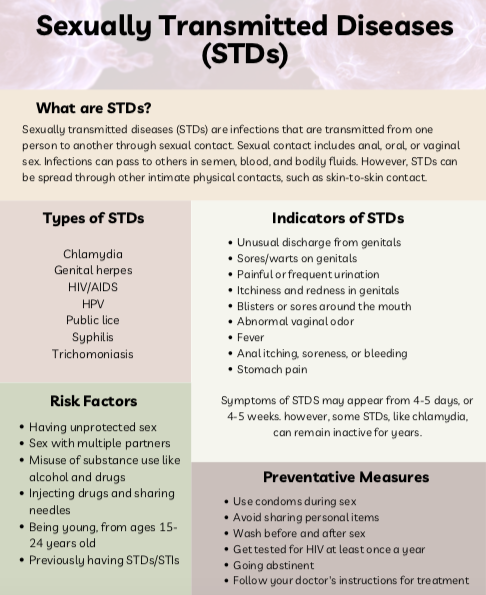
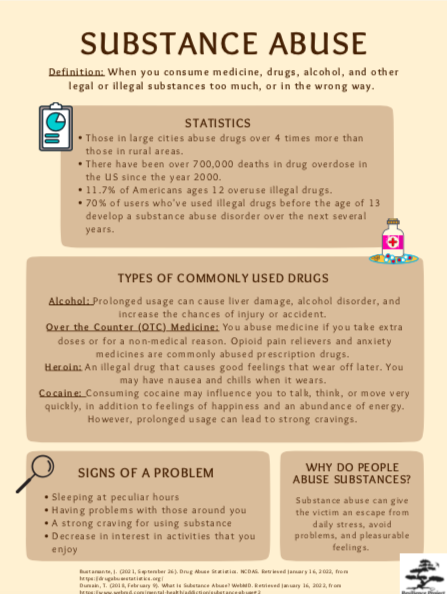
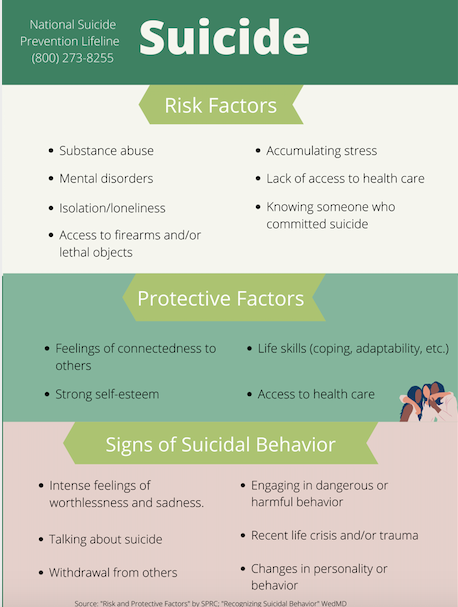
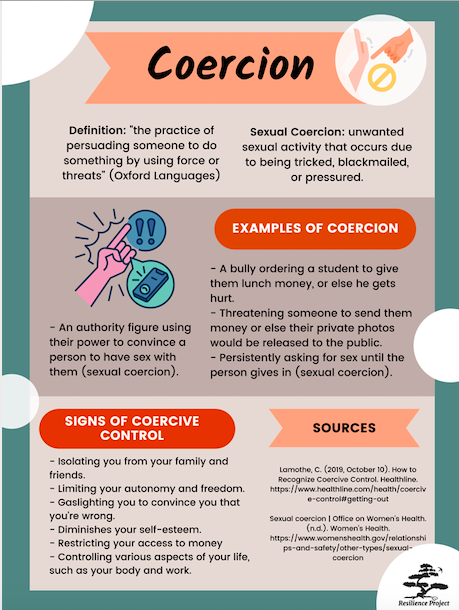
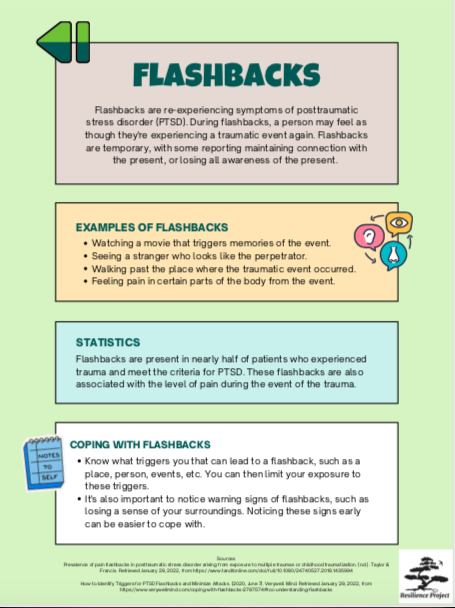
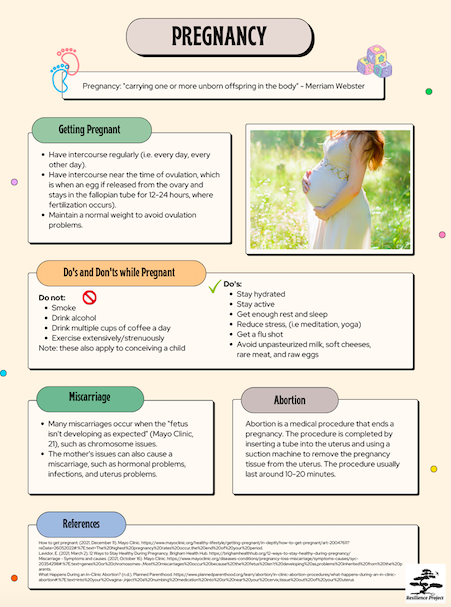
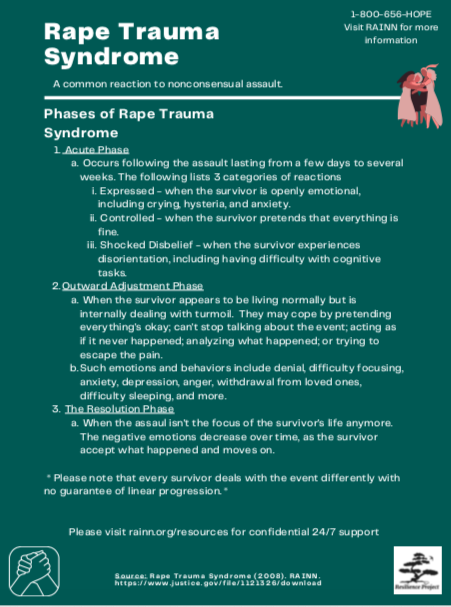
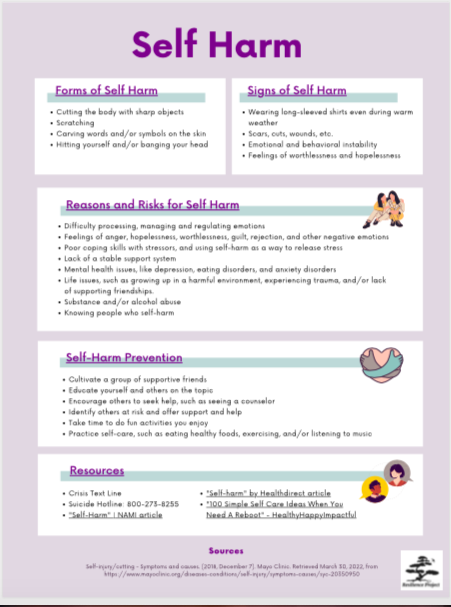
ALTERNATIVE MEDICINE
FOCUSSED FACT SHEETS
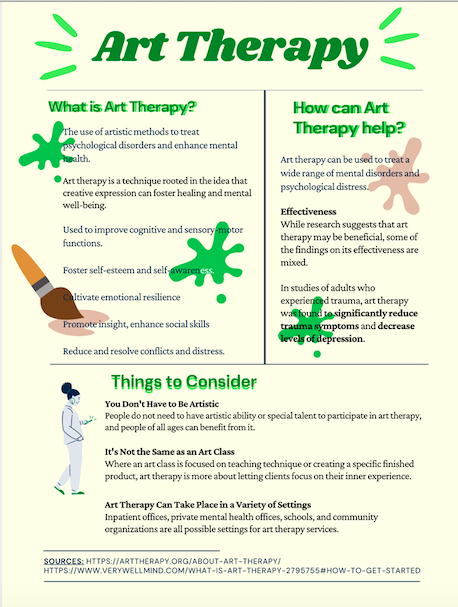
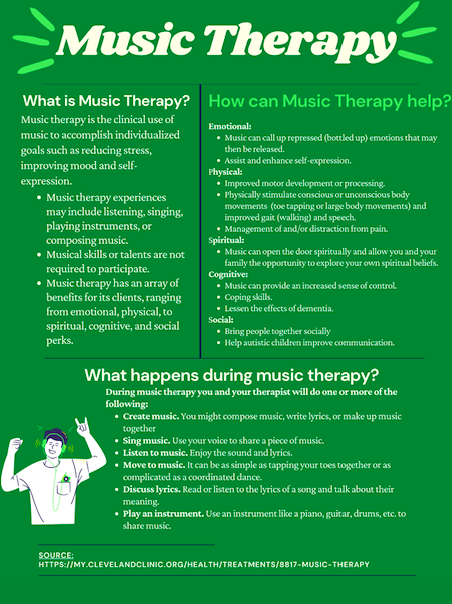
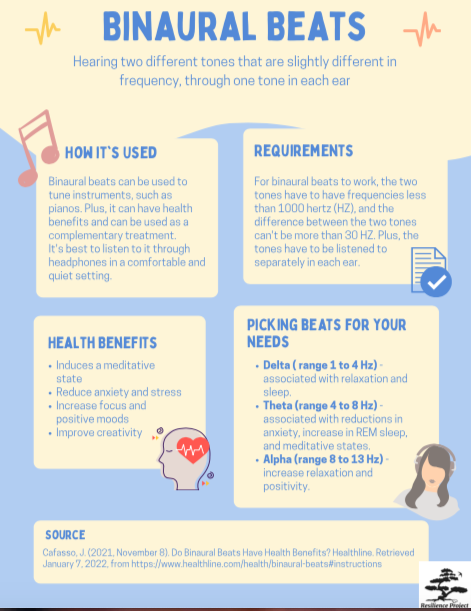
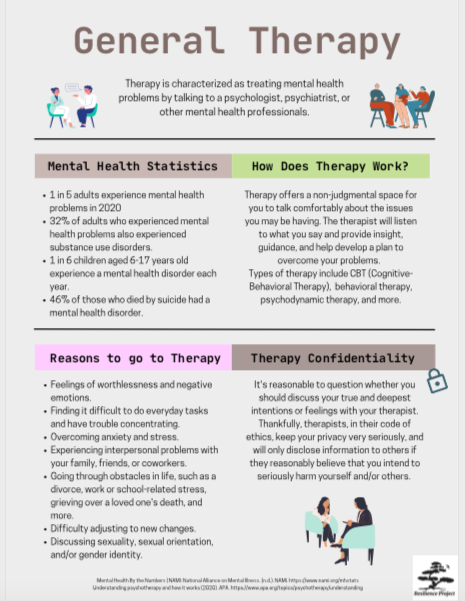
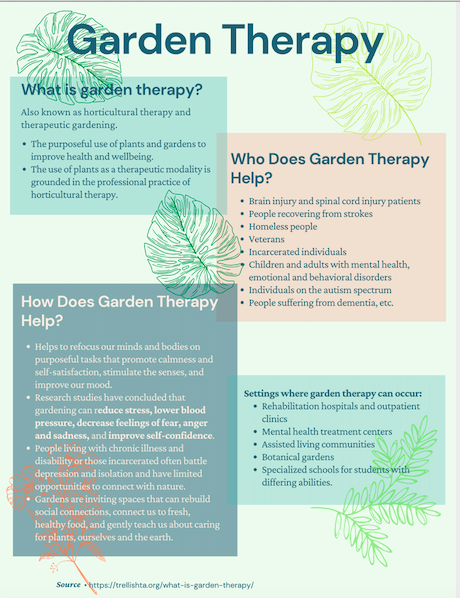
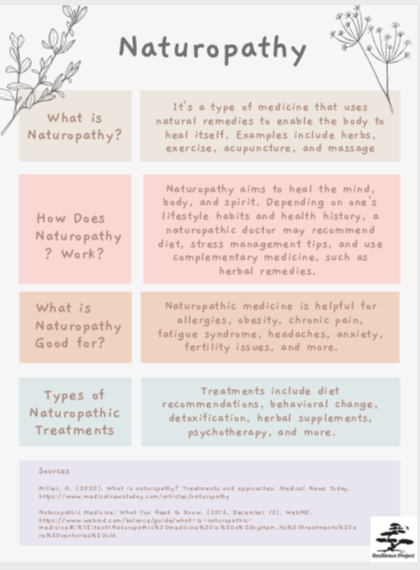
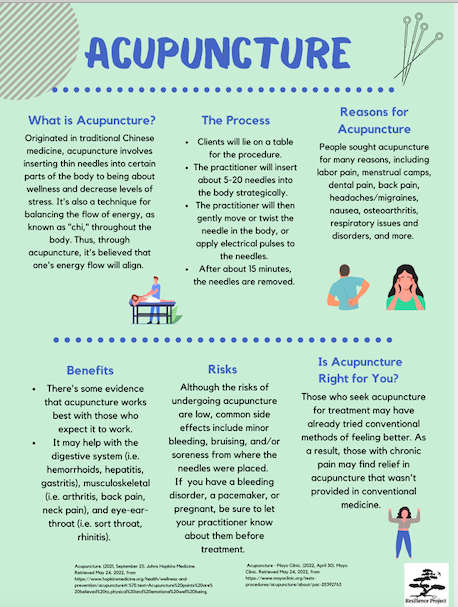
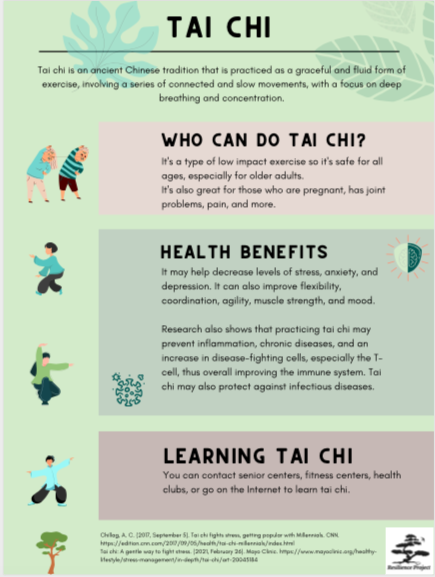
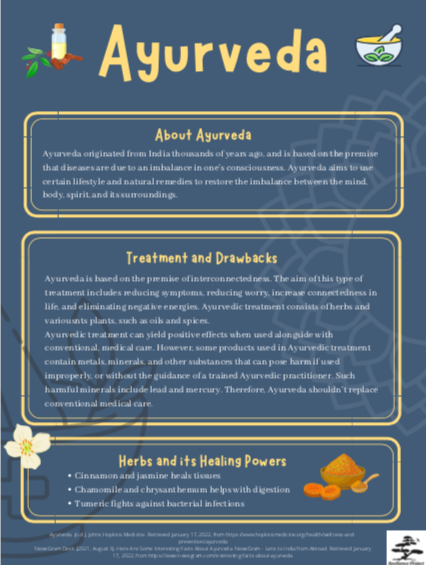
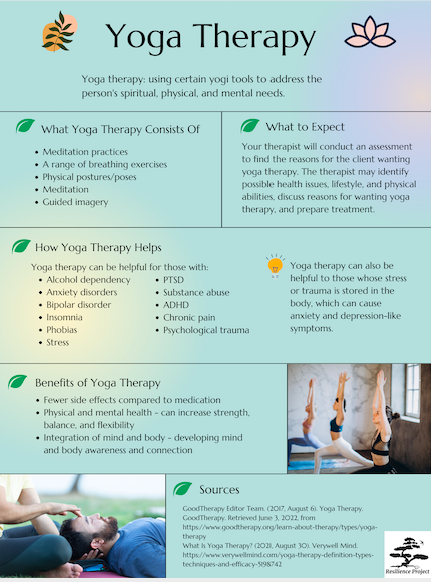
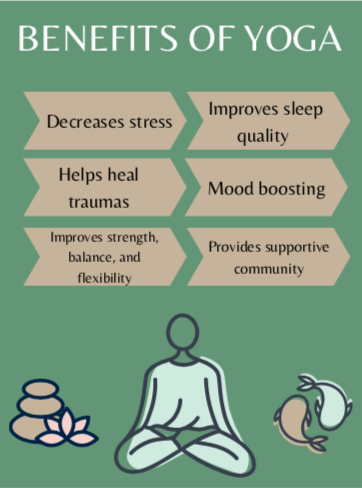
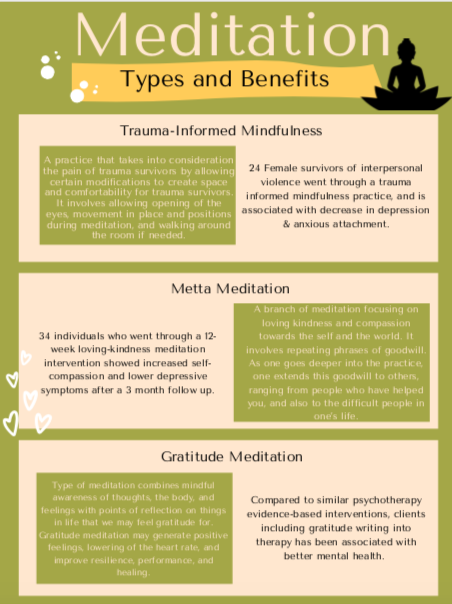
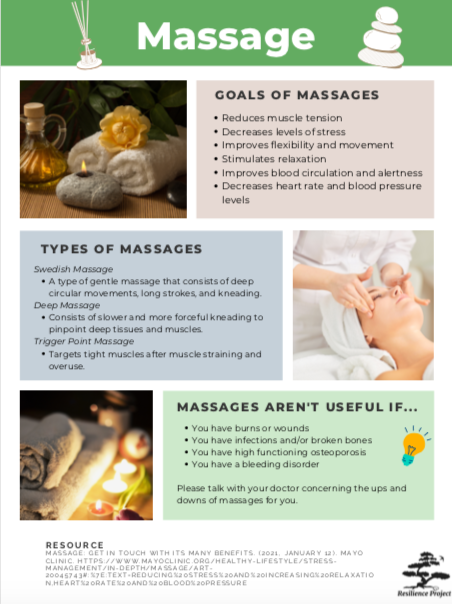
LEGAL
FOCUSSED FACT SHEETS
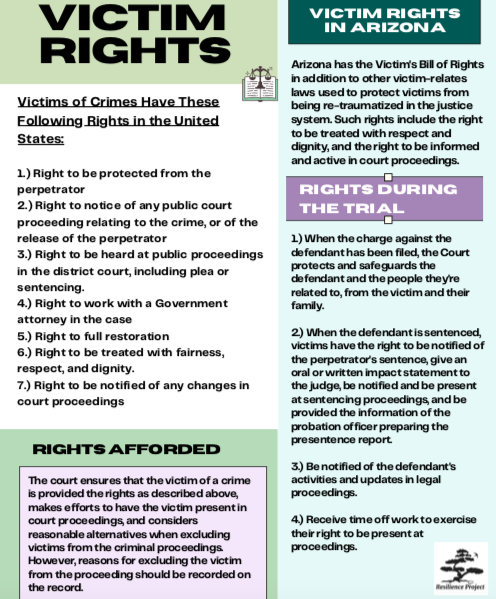
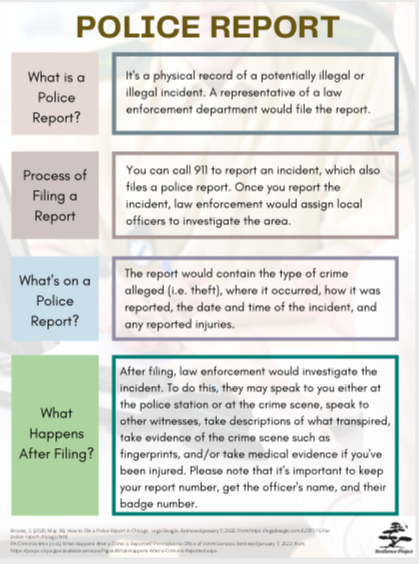
![]lakeshore.jpg](https://images.squarespace-cdn.com/content/v1/5a19ae84f09ca4cdefd2da43/1544137681549-X0WZG5R5A9IE70180D1A/%5Dlakeshore.jpg)